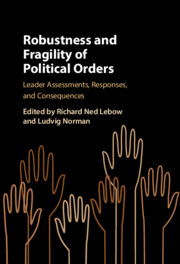Taking the opportunity of this LJIL special lecture, Professor Alter provides an interdisciplinary retrospective that explains, defends and critiques six common visions of international law: The naïve political scientist’s expectations about international law as a fixed reflection of political choices; the legal formalist and structural theorist who believes that formal rules, institutions, and processes should generate similar outcomes in different parts of the world; the Western centric scholar’s notion that one can draw general lessons based on European and American experiences; the liberal internationalist who believes that multilateral processes generate consent based agreements and outcomes; the law and society scholar whose focus on the local can minimize international structural elements; and the international legal sociologist who believes that meanings and practices constitute international law. After reflecting on what each vision captures and misses about international law, Professor Alter identifies the policy stakes of residing within a vision. While we need to draw from multiple visions to understand the hybridity of international law, we also need to understand the implicit presumptions of each vision, as these presumptions generate contradictory prescriptive recommendations.


